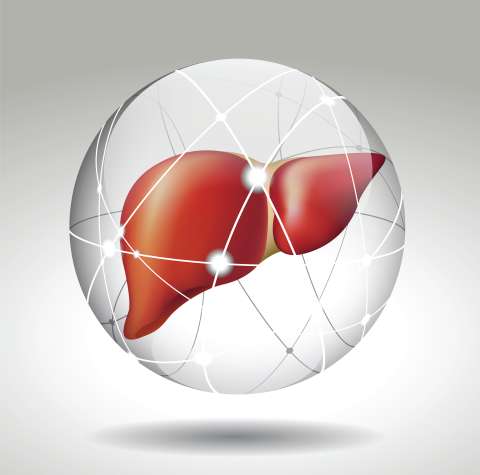About Us

The mission of the Comprehensive Liver Research Center at UCLA is to understand every aspect of metabolic dysfunction-associated steatotic liver disease (MASLD) as it relates to the diverse population of Los Angeles County; at UCLA, we call this 'Total MASLD.' Our overriding objective is to mitigate the negative effects of this epidemic in our communities.
Guided by our tenants of diversity, outreach, basic clinical integration, career development and comprehensive biobanking, we intend to establish a comprehensive platform to increase awareness of MASLD’s impact on the diverse communities in Los Angeles County by bridging the gaps between basic, clinical and community-engaging researchers; providing cutting-edge tools to dissect new MASLD mechanisms; and recruiting, supporting and mentoring the next generation of MASLD researchers. We will leverage our critical mass of liver researchers, the UCLA environment and its legacy of treatment of liver diseases, and unparalleled resources and institutional support to realize our central goal of tackling the MASLD spectrum in our communities.
The keys to our action plan are discovery, inclusivity, outreach and sustainability. Accordingly, basic, clinical and community-based researchers at UCLA have teamed up with their counterparts at the City of Hope in Duarte, CA, and in our sister institutions, UC Irvine, and UC Davis. Together, we are a team of 65+ NIH-funded researchers and clinicians that constitute the Comprehensive Liver Research Center.
The center is led by multi-PI team of Dr. Rajat Singh, a clinically trained basic scientist, and Dr. Vatche G. Agopian, a liver transplant surgeon-scientist, and comprises an administrative core, three cutting-edge biomedical research cores, and outreach, enrichment and seed-funding programs.
In realizing the goals of the center, we will better understand the heterogeneity of MASLD across the various ethnic groups of Los Angeles County — thereby embracing ‘personalized hepatology’ and providing better health care to MASLD-spectrum patients.